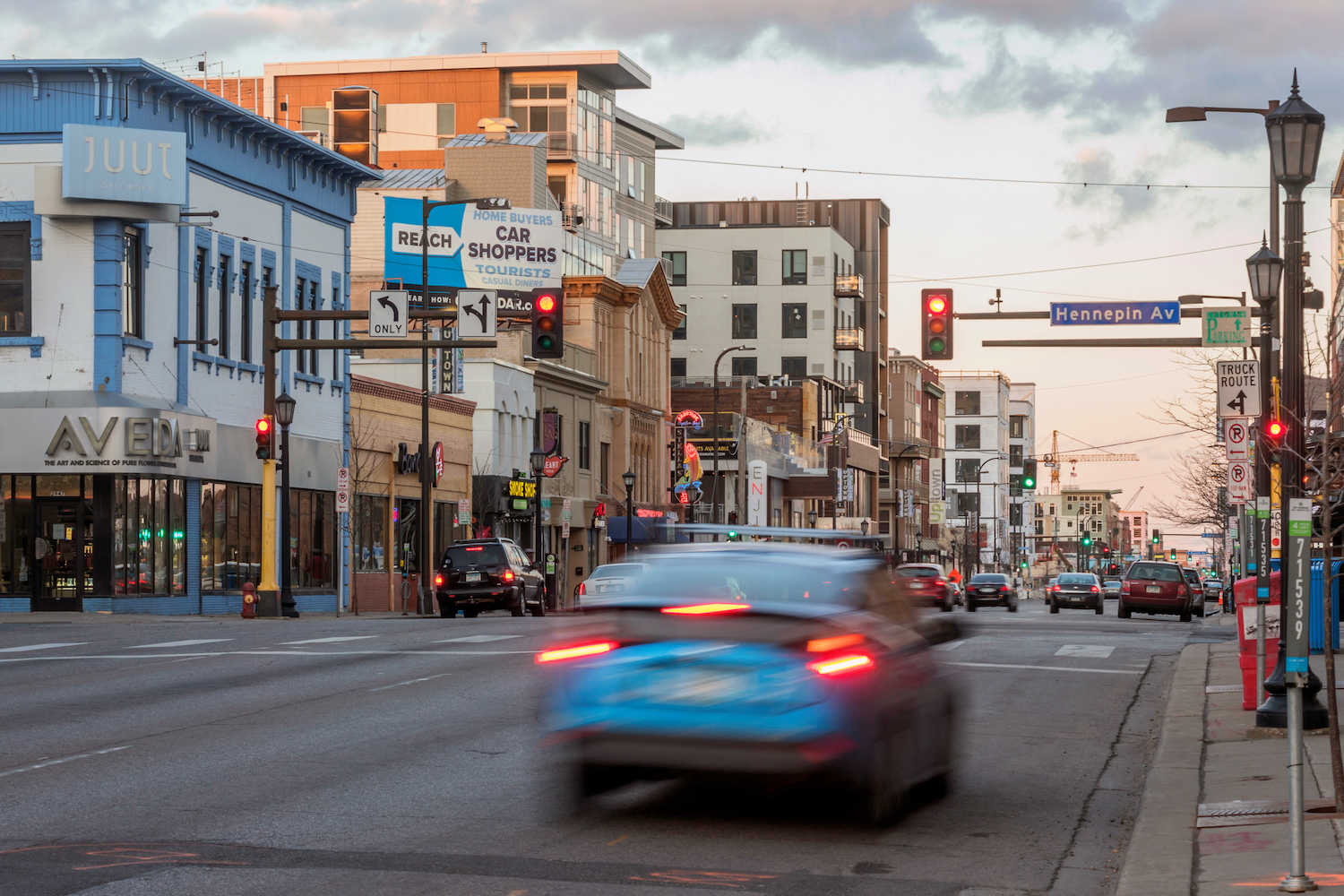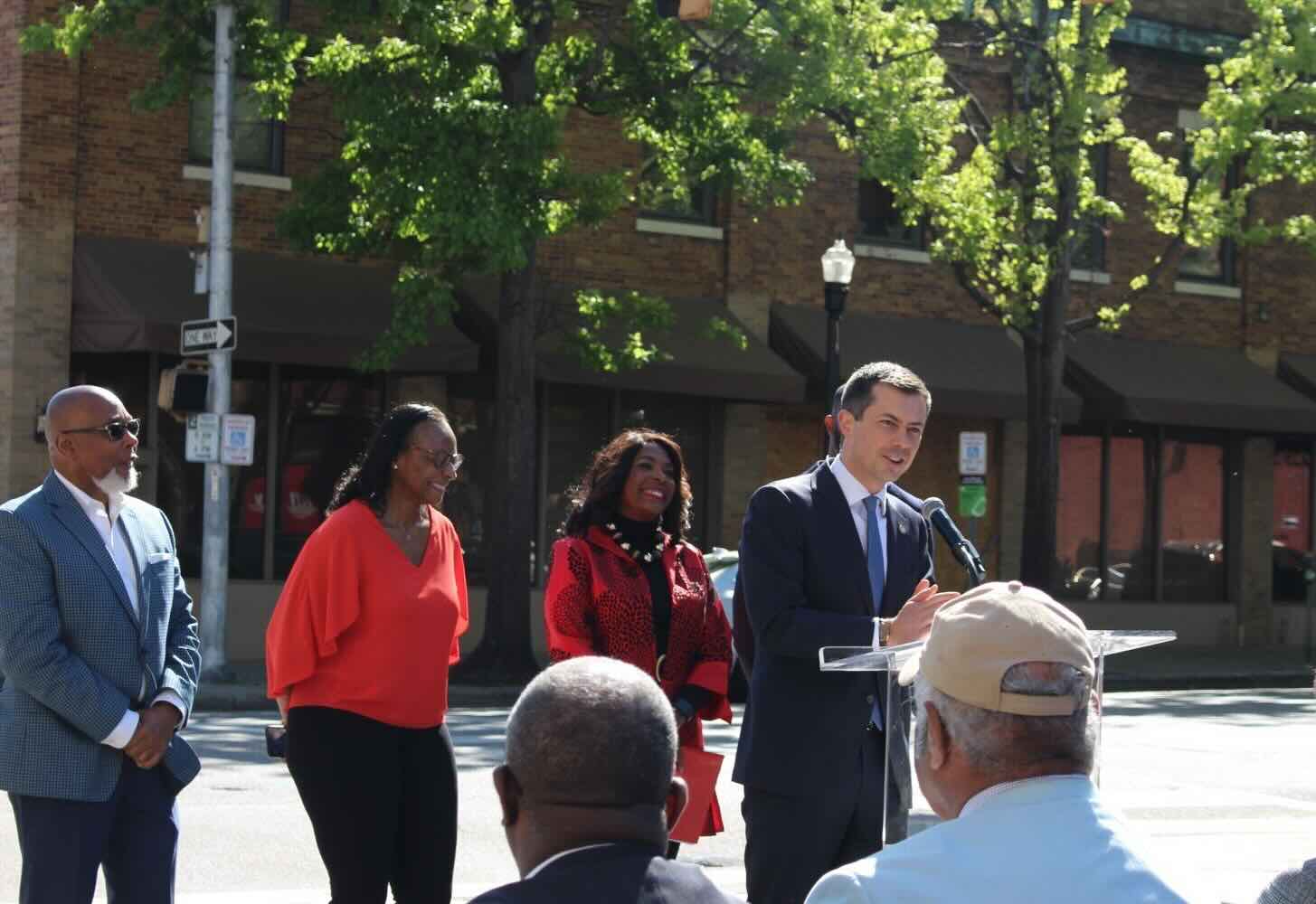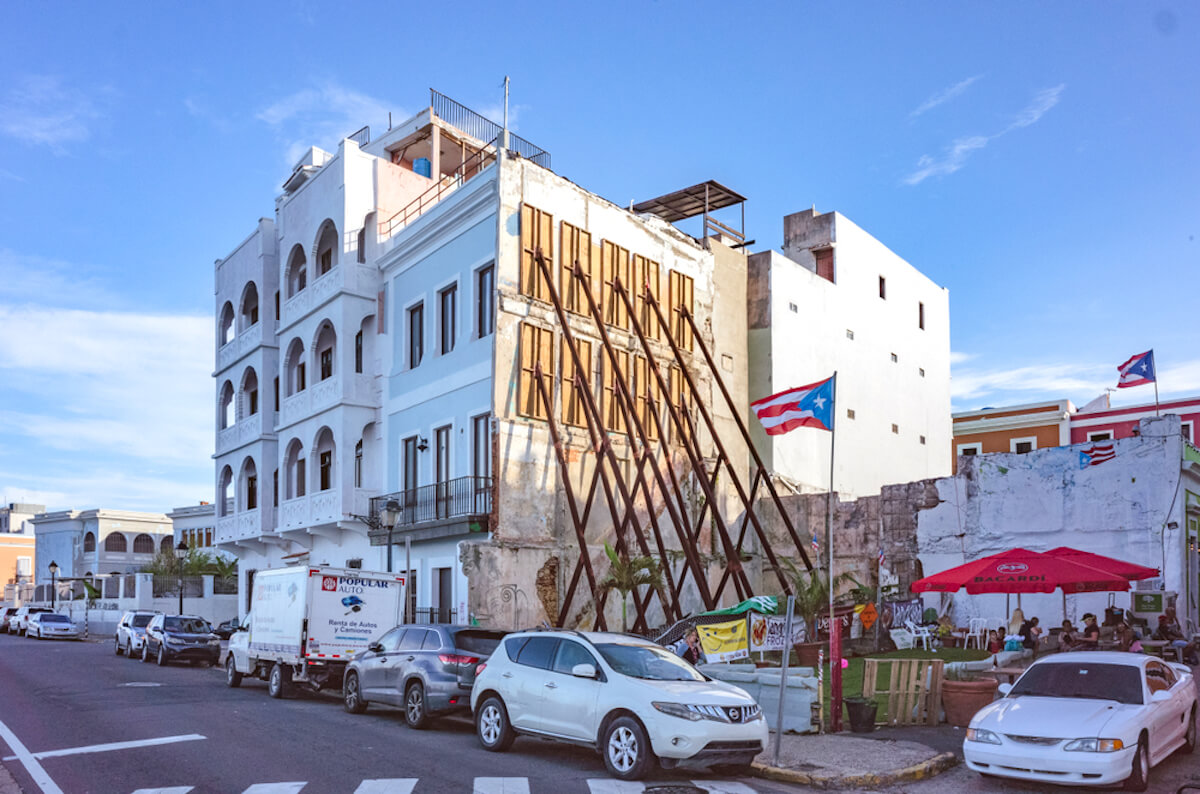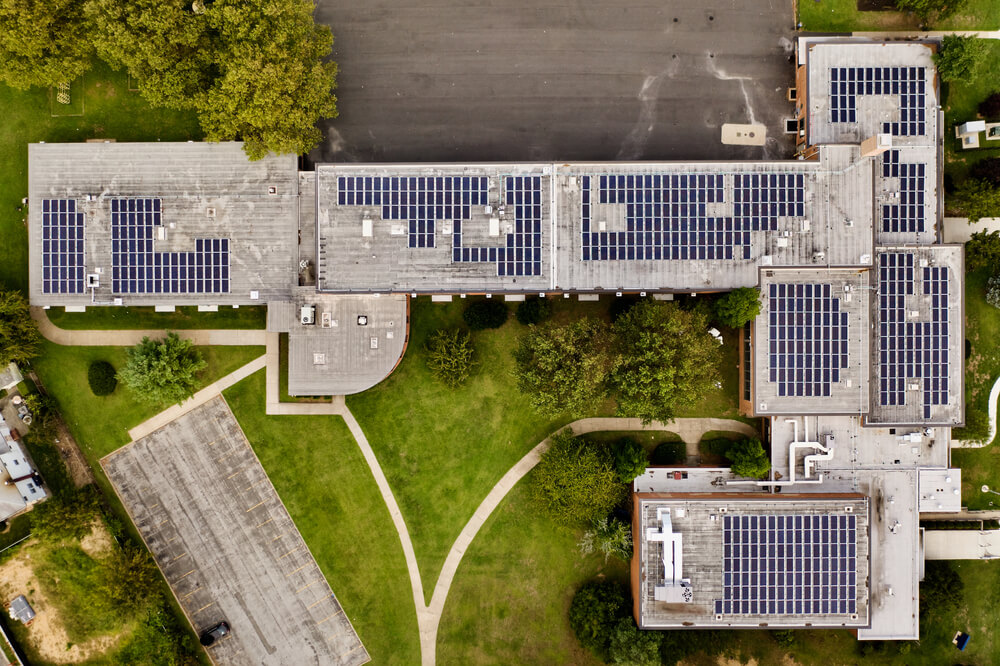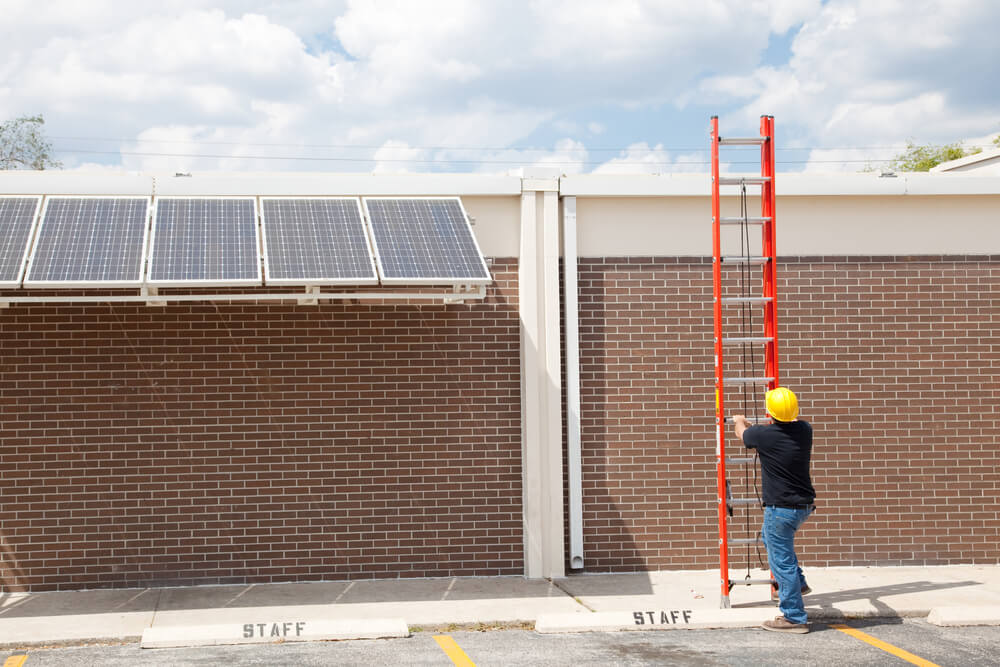ImpactAlpha, May 6 – The conviction of former officer Derek Chauvin for the murder of George Floyd sent a signal to residents of Minneapolis that their voices were heard and that Black lives matter.
Two new real estate and small business funds aim to do the same – by strengthening the role of community development financial institutions.
CDFIs, with long track records and deep community ties, became a key financial lifeline during the pandemic for Black and Brown-owned businesses, as well as affordable housing and other social infrastructure in low-income neighborhoods. Still, CDFIs themselves often lack access to flexible capital needed to invest more deeply in communities.
The Community Asset Transition Fund, managed by LISC Twin Cities, has raised an initial $30 million to temporarily acquire and ensure properties and land along multiple cultural corridors in the city become owned by local residents or cooperatively owned.
Separately, the Minnesota Inclusive Growth Fund, managed by Minneapolis-based Community Reinvestment Fund, has secured $10 million in commitments to deploy to a half-dozen organizations serving the city’s Black and Brown-owned businesses.
Both funds grew out of the Integrated Capital Initiative of the Minnesota Council on Foundations, a COVID-era mobilization of foundation program-related investments and grants to support the state’s CDFIs. A Minnesota Council on Foundation survey of dozens of Minnesota CDFIs identified a demand for at least $75 million in program-related investments and another $11 million in grants.
“CDFIs are really an important tool and instrument to garner capital and provide access to markets that are not working,” says Eric Muschler of the McKnight Foundation, which provided low-interest loans of $5 million to each fund.
Supply and demand
The effort by Minnesota foundations sought to take advantage of expertise on the ground and connect it to larger sources of capital.
Such capital is increasingly available. With increased commitments to racial justice from corporations and foundations, as well as private investors, and trillions in federal stimulus, a glut of community-level capital is ready for deployment.
“Capital in the system is outstripping the capacity to spend it in strategic, quick and effective ways,” say Bruce Katz and Colin Higgins of Nowak Metro Finance Lab, who argue such funds and collaborations are key to making the market.
“Local leaders must focus on building strong and capable intermediaries with community standing that can have positive impact in the near-term and persist after the immediate recovery period to drive equitable growth for years to come,” say Katz and Higgins.
Says Muschler, “That’s why we started working to aggregate the capital, create umbrella funds and take advantage of backbone organizations.”
Transitioning assets
The Community Asset Transition Fund is meant to provide speedy and affordable capital to prevent displacement in Minneapolis. LISC Twin Cities is working with eight local cultural organizations to prioritize land and properties to remove from the speculative market. LISC will work with the organizations to transfer ownership to the community through shared-ownership models, neighborhood trusts or other long-term structures.
Hennepin County anchored the fund with a first-loss, 0% interest loan. Bush Foundation matched McKnight’s $5 million with a combination of grants and loans. Minneapolis Foundation made a $1 million loan, while JPMorgan Chase added $1 million in grants, split between technical assistance and credit enhancement. LISC itself has committed at least $10 million to the fund.
“The rebuilding efforts must go beyond simply recreating what was there,” said LISC’s Peter McLaughlin. “We want the rebuilding to result in more inclusion, engagement and ownership by people of color not only to repair what was damaged, but also to help generate new prosperity and wealth for members of the community.”
Building businesses
The Minnesota Inclusive Growth Fund is aggregating capital for a half dozen financiers focused on minority-business community development, including Metropolitan Economic Development Association, the African Development Center and Latino Economic Development Center. Each creates opportunities and pipelines of potential investments from different communities.
Early rounds of the federal Paycheck Protection Program only served to reinforce the disconnect between big national banks and small businesses in low-income communities of color. CDFIs stepped up to meet the needs of Black and Brown-owned businesses.
The McKnight and Bush foundations have both committed $5 million to the fund. To upsize the fund, Community Reinvestment Fund is gathering commitments from a number of local banks as well as state and federal funding opportunities.
Says Muschler, “It’s about building institutions that previously lacked access to capital but really have the best relationships” with the people most in need.

